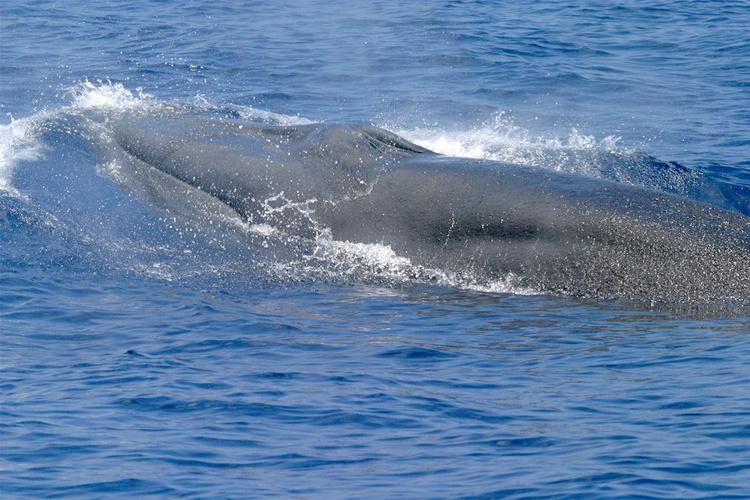Whales and Climate Change: Big Risks to the Ocean’s Biggest Species
Posted
Last Updated
The impacts of climate change are intensifying locally and globally, significantly affecting marine life and ecosystems. We are already seeing environmental changes, including warming oceans, rising seas, ocean acidification, and an increase in the frequency and intensity of extreme weather events. The distribution patterns of many marine species are changing due to these shifting oceanographic conditions. Whales are particularly vulnerable to the effects of climate change because these effects can be magnified toward the top of the food web.
North Pacific Right Whales
North Pacific right whales are one of the rarest large whale species with an estimated 30 individuals in the eastern population. Climate change is considered one of the most significant threats facing their northernmost habitat in the Pacific. North Pacific right whales feed on zooplankton, but sea ice coverage determines where and when zooplankton can be found. Warming ocean temperatures change sea ice coverage, impacting zooplankton distribution and availability. Impacts to prey could affect the foraging behavior and success of North Pacific right whales leading to nutritional stress and diminished reproduction.
Beluga Whales
Warming ocean temperatures are causing unprecedented changes to seasonal ice coverage and thickness. Unpredictable ice patterns affect the ability of beluga whales to migrate using…
READ MORE at fisheries.noaa.gov

